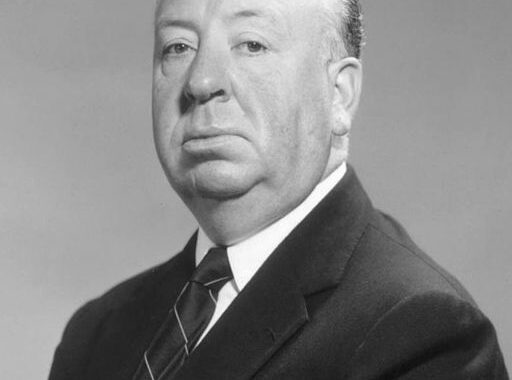The lifeblood of any great story is tension.
If you recounted a time where you woke up and everything was lovely, every person got along, and no problems presented themselves, it wouldn’t really be much of a story.
Of course the story doesn’t have to be negative to be effective. For instance, you could tell a story about winning the lottery, but you’d still need to have some tension to make it work – even if that tension is internal. Let’s look at this example:
“As I read the winning number in the newspaper I realized I’d won the 2 million dollars that would pay for my mother’s open heart surgery. But the joy in my heart was tempered by a lingering thought. My divorce papers hadn’t been finalized. Was there any way I could keep my abusive husband from finding out about the win?”
That’s a good news story, but there’s a heck of a lot of tension set up there. There is a huge obstacle that still needs to be resolved. If you heard a speaker start that story, wouldn’t you want to hear the end?
WHAT IS TENSION IN A STORY AND WHY IS IT IMPORTANT?
The storyteller who understood tension the best was filmmaker Alfred Hitchcock. He explained that tension is not a bomb exploding on a bus. Tension is the audience knowing the bomb is on the bus and not knowing exactly what will happen.
When you create a lot of tension in your story, your audience yearns for a release. Much like sex, the more you can prolong and build that tension, the greater and more satisfying the release will likely be.
Some speakers use tension as a way to keep the audience’s attention throughout their presentation. They begin their talk by setting up a story with a lot of tension and stop before the climax . This is called a cliffhanger. The speaker then leaves the story unresolved while they talk about something else. They will often refer back to the tense story throughout the talk with a promise to finish it. Then, at the end of the talk, they provide the climax which – if done well – leaves the audience satisfied and stimulated.
WHY YOUR STORY NEEDS A SATISFYING FINISH
Here’s the thing you need to keep in mind when building stories with a high amount of tension: You need the ending to be satisfying.
The story’s ending has to be dramatic or novel enough to have made the tension worthwhile It also means you aren’t holding back a key piece of information that factors into the resolution of the story.
If, in the lottery story, the heroine loses the two million dollars to her abusive husband, only to be given two million dollars from a rich aunt the audience never knew she had – you can be sure your listeners will feel cheated. They’ll also feel cheated if the mother ends up not needing the operation at all.
WHAT’S IT ALL ABOUT?
One last thing to keep in mind… If the purpose of your talk is something more than simply entertainment – if you’re looking to inspire, or make a point, or connect to a theme – then that story has to serve a purpose. There has to be an obvious point to the story that connects it directly with the content in your talk. If you can’t do that, maybe you should leave that story for your next novel or screenplay.
